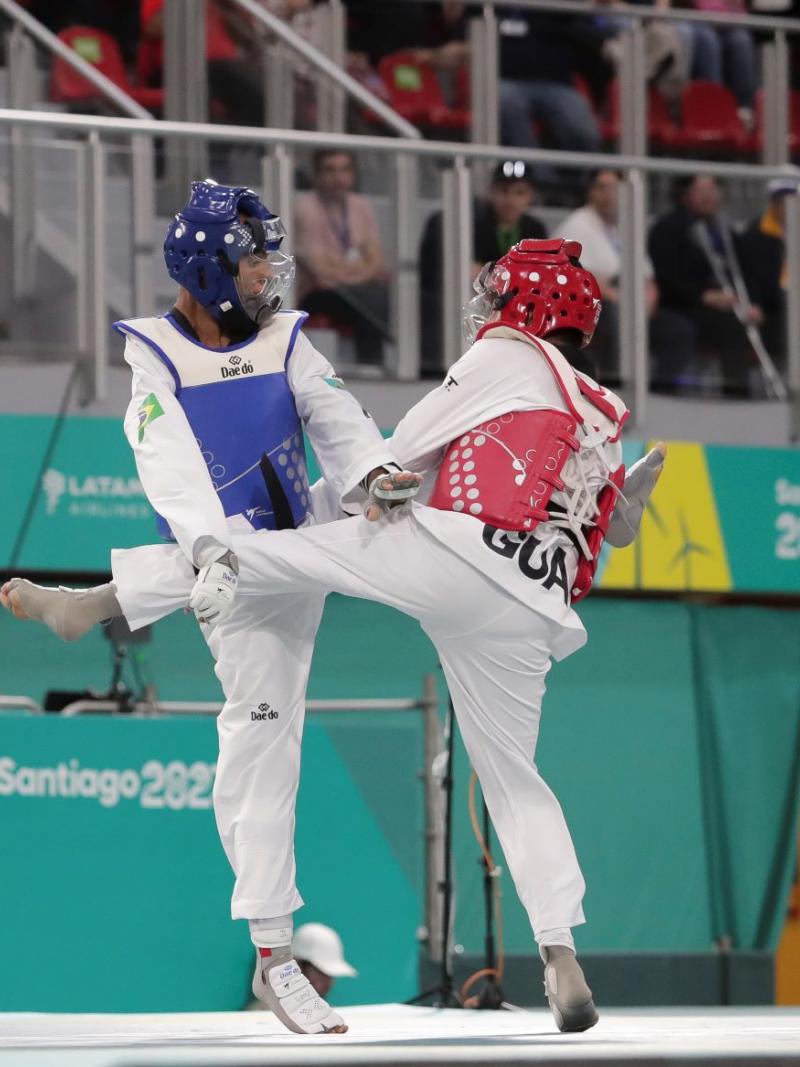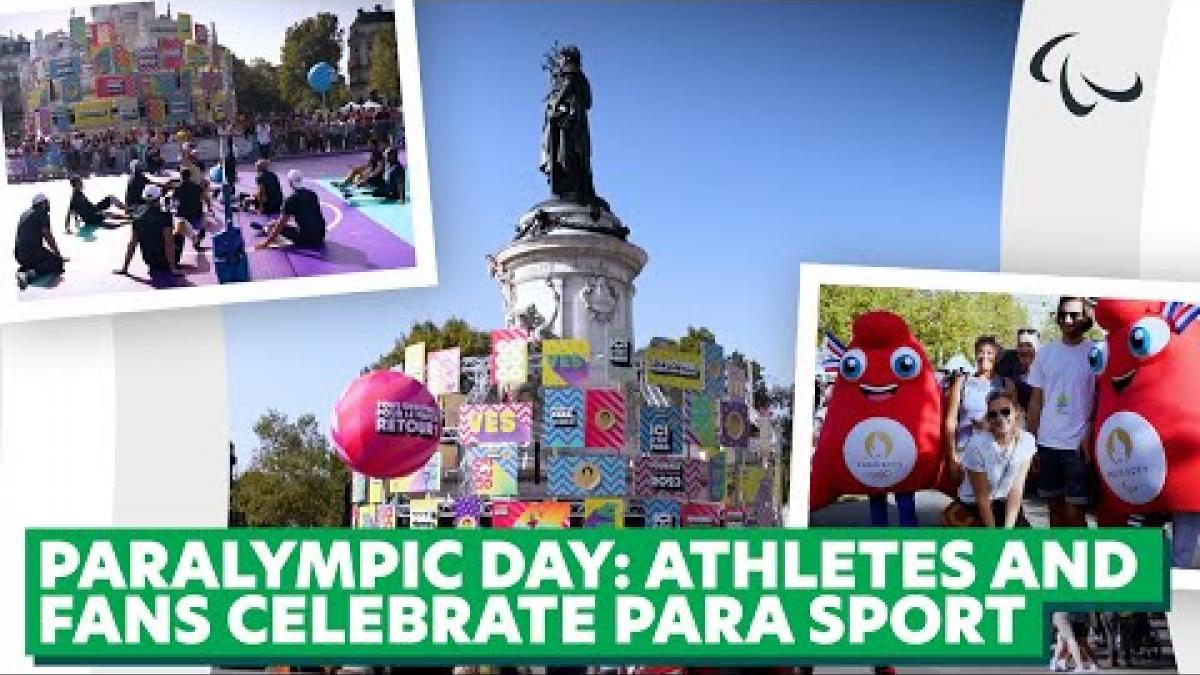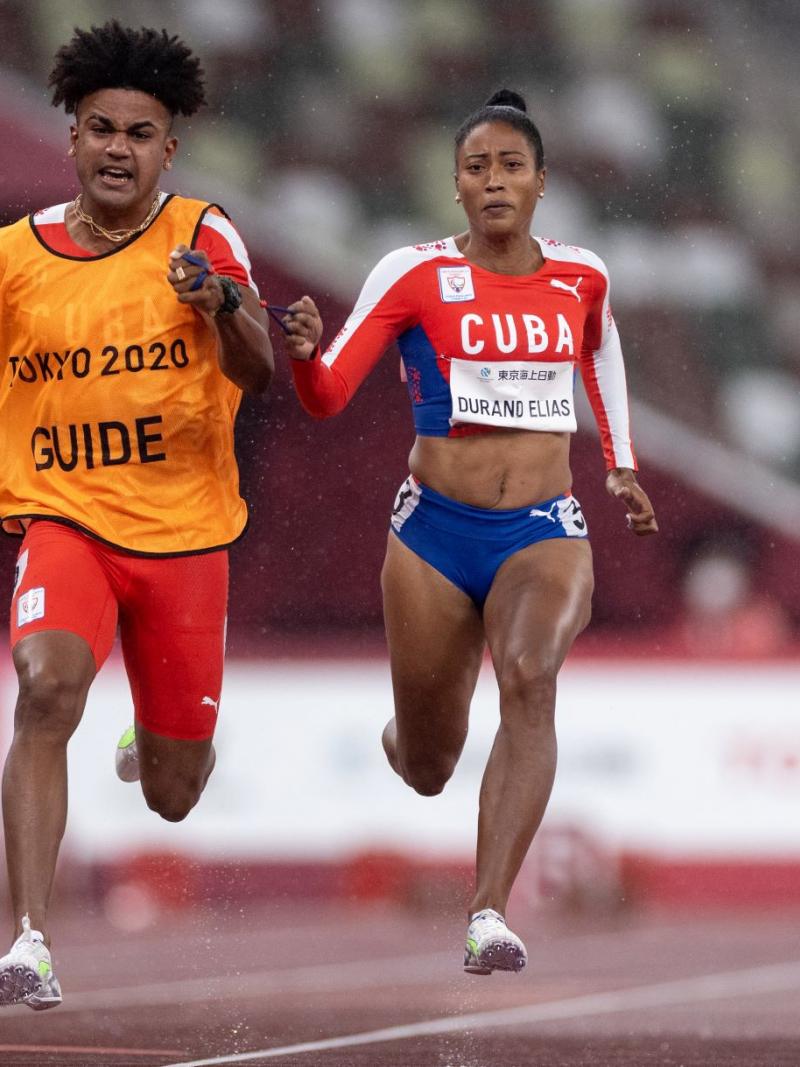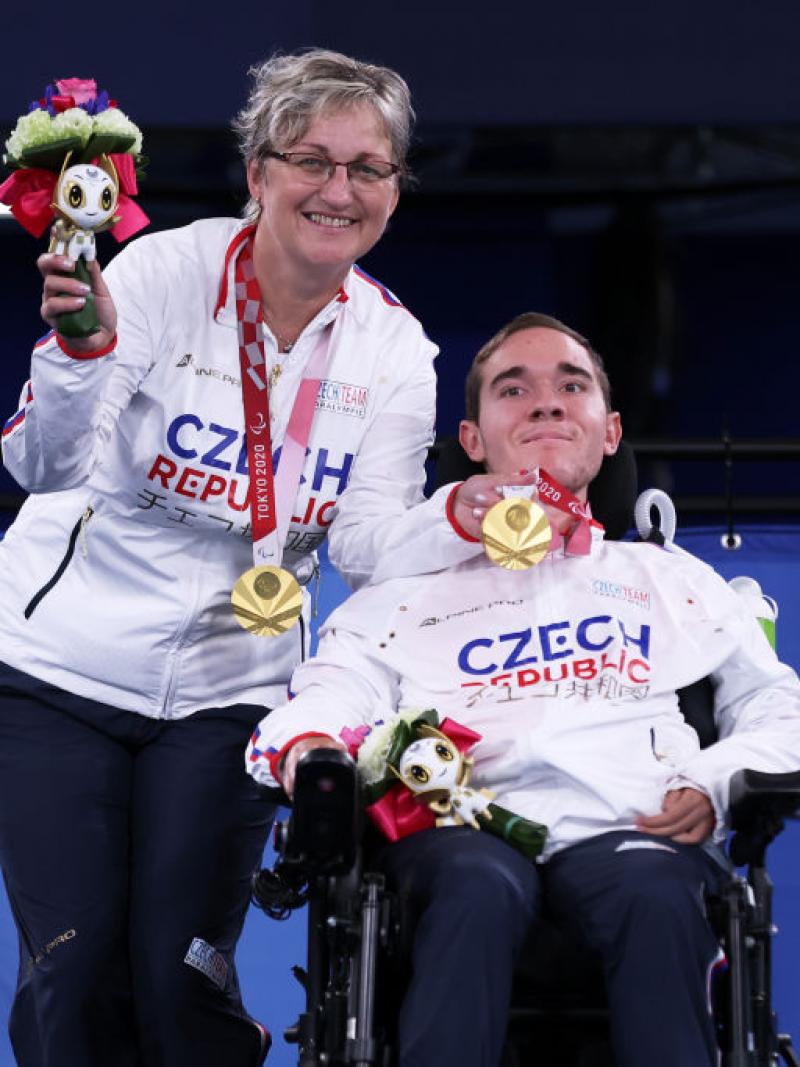Para athletes answer the web’s most searched questions about disability
On the International Day of Persons with Disabilities, discover Para athletes’ answers to some of the most asked questions on the Internet 03 Dec 2023Approximately 15 per cent of the world’s population of 8 billion live with some form of disability. There are many questions going around the Internet about persons with disabilities.
"How do you address persons with disabilities?", "How would you treat them?"
So, at the International Paralympic Committee, we decided to go straight to the source and ask the web's most researched questions to several Para athletes.
And what better day to discover their answers and share their reactions than on this 3 December, the International Day of Persons with Disabilities?
How do you address persons with disabilities?
Katia Juarez, El Salvador, wheelchair basketball: People think that only because the person has a disability, you should treat them with delicacy, with pity. This is not the point. We are the same, we are people.
Mitchell Braithwaite, Puerto Rico, wheelchair basketball: To be honest, I don’t think there’s any way to address any person. People with disabilities are just as normal as anyone else so approach them the same way you would yourself or anyone the same way as you would be.
How would you treat someone with a disability?
Trevor Hirschfield, Canada, wheelchair rugby: How to treat persons with a disability? The same way you treat anyone else.
Max Rohn, USA, Para athletics: I do notice when the parents are trying to say, ‘Hey, don’t acknowledge the disability because there’s something wrong with it.’ There’s nothing wrong with a disability. It’s just different challenges that you have to beat.
Mitchell Braithwaite: You know, a person with a disability has obvious sensitivities and maybe something that may trigger them. But I feel like if you just treat them like a regular person, and with respect, no one in their right mind can possibly feel as if you’re trying to put them down in any way or disrespect them. If you just speak to people the way you want to be spoken to, I feel like the energy will be reciprocated.
Can people with disabilities live alone?
Tyson Gunter, USA, Para athletics: Disabled people can live alone, obviously, depending on the severity of the disability. We are able to adapt to find ways to complete the same tasks that somebody that does not have a disability is probably able to do on their own. We adapt well.
Tanner Wright, USA, Para athletics: Yes, I’ve done so for many years. But now I have a girlfriend, so I don’t have to worry about that anymore!
What is a person with a disability?
Max Rohn: It just means that you’re meeting different challenges than everybody else. In my case, I do have a right leg that’s missing below the knee. I do have to deal with all these different problems during the day that deal with mobility. But the person also must deal with pain and the mental battle every day.
Mitchell Braithwaite: A person with a disability is a regular person, someone who understands life and maybe in a harder and a tougher position. So, a person with a disability is someone who just understands how to adapt, because we’re forced to.
Are persons with disabilities employable?
Trevor Hirschfield: Well, they better be, because if they’re not, I don’t know who is paying for them.
Pilar Riveros, Costa Rica, Para archery: Having a disability doesn’t mean we are not capable to do what is needed.
Mitchell Braithwaite: I feel like people with disabilities are 100 per cent employable, because they are not different from anyone else. I feel like people might see us in a different way, but we are not. We are just as capable to do any kind of job that you give us. And furthermore, because we have something to prove – most people think that we are not capable – and we want to prove that we are.
What is living with a disability like?
Trevor Hirschfield: Whether you can see it or not, there’s a whole lot of people living with disabilities. So, I guess it’s going to be different for everyone, but everyone manages to get through it.
Elliot Loonstra, Aruba, Para taekwondo: It can be hard at times; it can be interesting. Certain moments, you’re like, ‘Man, if I weren’t disabled.’ But then there are certain moments when you’re like ‘This disability is great!’ You want to get weird with your disability and have fun with it. I make jokes about my hand all the time and people get upset for me. And I’m like, ‘I’m the one making the joke? Why are you doing that?’
How do you make someone with a disability happy?
Karla Manuel, Mexico, boccia: Treating us as any other person and not seeing us only by our disability.
Elliot Loonstra: The same way you make people without disabilities happy. You treat them nice. Be cool with them. Give them a present. Give them a hug. What’s the golden rule? You treat people how you want to be treated. So, if you want to be treated good, treat other people good and you’ll see how good comes back double fold, triple fold.
Mitchell Braithwaite: I personally feel like someone with a disability doesn’t depend on anyone else to make them happy. Find the peace within yourself and accept yourself as a person and who you are, what you are for the community around you and for yourself.









